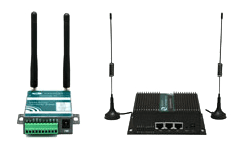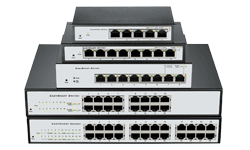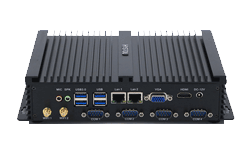Do wireless routers have Ethernet ports?
Wireless routers, renowned for their convenience and flexibility, utilize radio frequency signals to establish connections with devices, facilitating seamless internet access without the constraints of physical cables.
On the other hand, wired connectivity, epitomized by Ethernet ports, offers unparalleled stability and speed, making it the preferred choice for scenarios demanding robust performance, such as online gaming, video streaming, and data-intensive tasks.
Contrary to popular misconceptions, wireless routers do indeed feature Ethernet ports. These ports serve as invaluable assets, providing users with the option to establish wired connections for devices that prioritize reliability, speed, or are simply located in areas where Wi-Fi signals may be inconsistent or inaccessible.
In the realm of connectivity solutions, the emergence of 4G router with Ethernet capabilities marks a significant milestone. Combining the ubiquity and mobility of cellular networks with the stability and performance of wired connections, these innovative devices offer a compelling solution for individuals seeking seamless internet access in diverse environments, ranging from urban dwellings to remote rural areas.
Moreover, the integration of Ethernet ports in wireless routers underscores the enduring relevance of wired connectivity in an era dominated by wireless technologies. While wireless connections undoubtedly offer unparalleled convenience, the indispensability of wired connections remains undisputed in scenarios where performance, reliability, and security are paramount.
In conclusion, the notion of wireless routers featuring Ethernet ports is not only valid but essential in fostering a harmonious coexistence between wireless and wired connectivity paradigms. Whether leveraging the stability of wired connections for bandwidth-intensive tasks or relishing the freedom of wireless mobility, users can rest assured knowing that modern networking solutions offer the best of both worlds.

 Networking
Networking EMBEDDED SYSTEMS
EMBEDDED SYSTEMS Switches
Switches Wireless Solutions
Wireless Solutions Industrial Computer
Industrial Computer Cloud Services
Cloud Services




